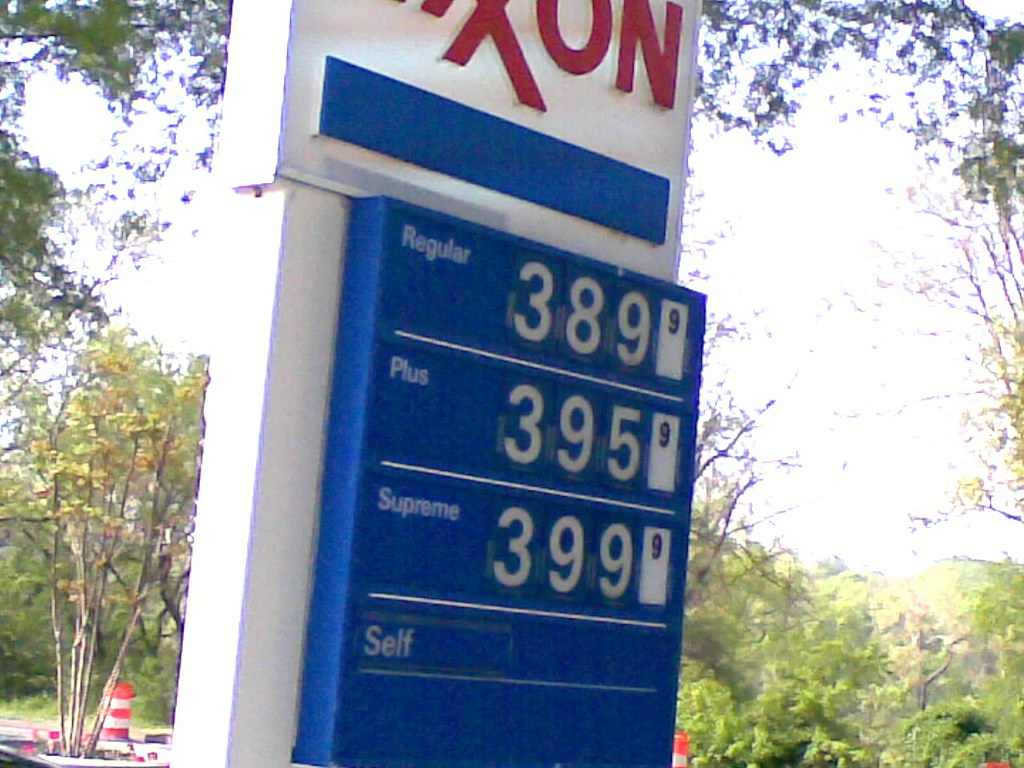 Slumping gas prices are obviously making car owners pretty happy, as it helps them save a lot of money at the pump, but they could also have a negative impact on consumers’ pocketbooks, since they are already starting to hurt some states that rely heavily on gas and oil revenue, as well as the federal government, putting their budgets at risks, which could well result in increased taxes. Record-low gasoline prices are starting to affect the nation’s economy, reducing tax revenues and heating up the debate on raising gas taxes to make up for lost revenues.
Slumping gas prices are obviously making car owners pretty happy, as it helps them save a lot of money at the pump, but they could also have a negative impact on consumers’ pocketbooks, since they are already starting to hurt some states that rely heavily on gas and oil revenue, as well as the federal government, putting their budgets at risks, which could well result in increased taxes. Record-low gasoline prices are starting to affect the nation’s economy, reducing tax revenues and heating up the debate on raising gas taxes to make up for lost revenues.
With many transportation programs being funded through the Highway Trust Fund, which receives money from the federal gasoline tax, authorities are having trouble coming up with the money needed for building new roads and bridges and renovating the existing ones. America has been in a major infrastructure crisis for a while now, largely due to gasoline-powered becoming more efficient and the increased number of alternative fuel vehicles on U.S. roads, along with the fact that the federal excise tax on gasoline has remained the same for more than two decades, while the price level of goods and services has increased significantly at the same time.
This is why several lawmakers, including Senator Bob Corker from Tennessee and Senator Chris Murphy from Connecticut have proposed higher gas taxes, suggesting a 12% increase over two years. They believe that this measure is necessary in order to refill the Highway Trust Fund, which is expected to face a deficit of $160 billion over the next ten years. This proposal has been supported by the Senate Commerce Science and Transportation Committee, Senator, John Thune, and the head of the Environment and Public Works Committee, Senator Jim Inhofe. Both of them represent the Republican Party, which is generally in favor of raising the tax.
While raising the federal gas tax would probably be the easiest and quickest way to fix the Highway Trust Fund deficit, this idea expectedly faces a strong opposition, even from some Republicans, such as the House Speaker John Boehner. “There are a lot of people with a lot of ideas. We’ve got to find a way to deal with America’s crumbling infrastructure and we need to do it in a long-term program that is in fact funded,” he said in a statement.
Raising taxes is always a very unpopular measure, and even though the proposed hike is insignificant in terms of increasing car owners’ fuel costs, lawmakers often consider it to be a last resort, fearing the potential loss of political points.
Be that as it may, the debate over whether gas taxes should be raised in response to declining gas prices has already started, and will only intensify with prices expected to remain at these levels at least for the foreseeable future, and with average gas mileage of vehicles bound to improve further, which will continue to hamper road projects.